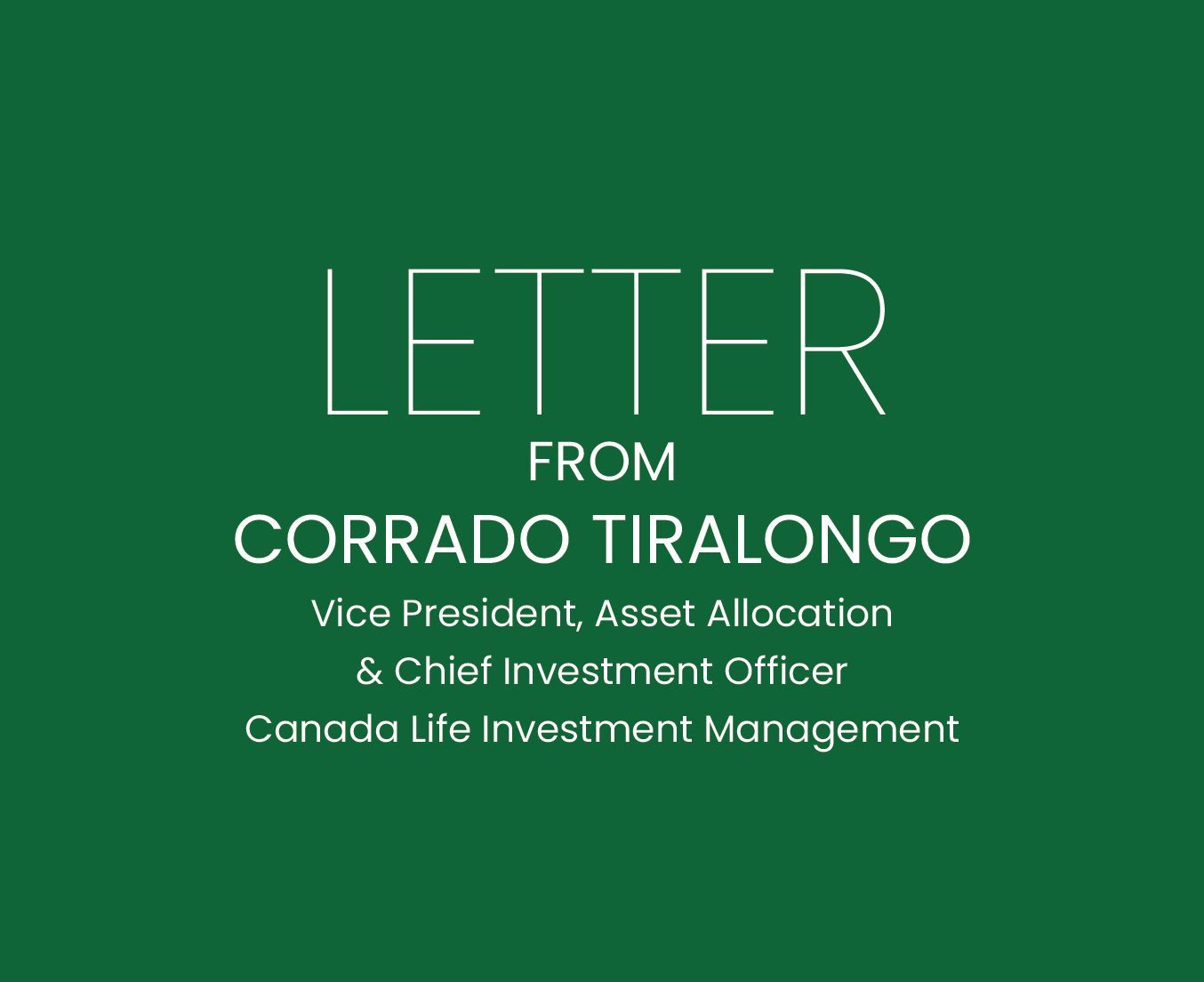In the following article, Sam Febbraro, EVP, Portfolio Services, shares how you can manage sudden wealth responsibly and face the different challenges that come with it.
Sudden wealth sounds like a nice problem to have, but it can come with some complications. Most of us are comfortable with becoming wealthy gradually. Over the years, we build up equity in our homes, our earnings increase, and we can afford nicer things, like a better car or a more exotic vacation. But, when a sudden windfall happens – from the sale of a business, the sale of a house or farm, an inheritance, or even lottery winnings – the results can be unexpected.
A sudden change in your wealth status can be exciting and liberating, but at the same time, you may feel confused, overwhelmed, isolated, guilty, or sad. After all, your identity is wrapped up in your home, your job or business, your friends, where you shop, what you drive, or where you vacation.
Suddenly, all the parameters that you built your life around, and all the ways you define yourself, are up in the air. You’ve had the rug pulled out from under you and replaced with a magic carpet. What now?
It’s a nice problem to have, you would think. But the truth is, sudden wealth can play havoc with your emotions, your relationships, and your life – if you let it. So, how can you responsibly manage sudden wealth and face the challenges that come with it? Here’s how:
Change the way you think about money
Most people tend to live at or above their means, so money is a commodity to be consumed. But when you have substantially more than what you need, it is wise to rethink your relationship with money.
Think of money as a resource. Treat it like a forest. Would you cut all the trees down and sell them all? Or would you use some for firewood, sell some, and replant, thinking of the future? To ensure that your resource will last, it’s important to steward it by planning and managing it responsibly.
Imagine how the windfall could make not only your life better, but improve the lives of your children and your children’s children. As Warren Buffet once said, “Someone is sitting in the shade today because someone planted a tree a long time ago.”
Do not make any big decisions or life changes right away
The fact is, we make poor decisions when we’re emotional. And whether your sudden wealth is the result of the sale of a business or the death of a loved one, you’re going to be emotional. You may experience euphoria, relief, guilt, anger, or regret. You may even find yourself feeling a loss of identity or sense of purpose. The thing to remember through this is to ‘keep calm and carry on.’
Invest your money prudently. Park it in a safe short-term investment, and give those feelings time to process. There’s no rush. More importantly, seek the counsel of a good financial advisor who will sit down with you to understand your concerns – whether it involves your family, business, or personal aspirations.
Keep a low profile with your new-found wealth
If possible, try not to tell many people about your windfall, since it will likely attract the wrong kind of attention.
In the book ‘The Millionaire Next Door,’ we learn that many millionaires lead quiet lives and drive the same car for ten years. By keeping a low profile, they avoid attracting unwanted attention from wealth – fraudsters pushing bad investment ideas, lawsuits, unwanted advice, predatory ‘friends,’ and relatives. Avoid making sudden changes to your lifestyle to protect your privacy.
Learn about money
Learn all you can about wealth. Even if you plan on delegating a lot of the responsibility, you need to become knowledgeable so that you can make informed decisions. Educate your family and children on the value of wealth and work together on decisions that affect everyone. After all, as Benjamin Franklin once put it, “An investment in knowledge pays the best interest.”
Put together a team
The more money you have, the more complex your financial situation becomes, and the more there is at stake. So it’s important to assemble a team of experts who will guide and support you. You will need accounting and tax advice, investment management, estate and trust strategies, as well as insurance. A financial advisor can act as the quarterback for all of these relationships, ensuring an integrated strategy and timely execution of your plan.
Know your tax liability
How much you get and how much you get to keep is not the same unless it’s the sale of your principal residence, life insurance proceeds, or lottery winnings. The sale of a cottage attracts capital gains tax on the appreciation of the property going back to your original purchase price. Inheritance will trigger estate taxes and fees, and a severance package or a performance bonus will be taxed at your highest income tax rate. It is important to understand how much money you are going to end up having after tax. Seek counsel on how you can legally reduce or defer the taxes payable on your windfall.
Devise a solid financial plan
To succeed in achieving your most important goals, you need a solid financial plan. First, consider your needs and desires carefully. Reflect on what and who are most important to you.
Together with your financial advisor, look at your options and make decisions. Will you retire or buy a vacation home? Will you give money to charity and set up trust funds for your children? How much income do you need and how much do you want?
Through financial planning tools and assumptions of interest rates and rates of return, your advisor can project what strategies you will need to follow to successfully meet your goals, even those that are 10 or 20 years down the road.
Invest responsibly
The bulk of your money should be invested in a variety of investment vehicles that are professionally managed. Your financial advisor will help you choose from the different investment solutions to find the one that is suitable for you. It could be wrap programs that provide a combination of pooled investments in one easy package tailored to your needs, or a unified managed account (UMA) that holds a variety of investment vehicles, from individual securities, mutual funds, stocks, and bonds to exchange-traded funds.
Diversification is perhaps the most important concept. If you invest in a wide variety of securities, countries, and sectors, the underperformance of a single investment will not hurt the value of your entire portfolio.
Recognize that you can’t have it all – there is always a trade-off between risk and return. The safer the investment, the less return it generates. The riskier the investment, the higher its return potential. Your ideal portfolio will balance your tolerance for risk with your need for return to achieve your goals.
To provide safety, part of your portfolio should be invested in a conservative asset class such as bonds. To provide growth potential, a portion of it should be invested in a higher risk asset class such as stocks. To maintain your ideal weightings, regular asset class rebalancing is key.
Advance planning is the key to controlling outcomes
Sudden wealth sometimes comes instantly, but it isn’t always unexpected. If you are retiring and planning to sell your business, or if you are planning to downsize from an expensive house, you can do some advance planning. An inheritance plan can be designed to reduce taxes, family conflict, and even litigation (no one wants to see their inheritance eaten up by legal fees). Consider strategies for disbursing assets in the most advantageous way before selling your business or piece of real estate.
Sudden wealth looks easy, and it can be if approached in the right way. With a prudent approach to stewarding your new-found money and a solid financial plan that reflects your priorities and goals, you’ll be able to enjoy your wealth and build a lasting legacy for your loved ones.
Investment Planning Counsel



